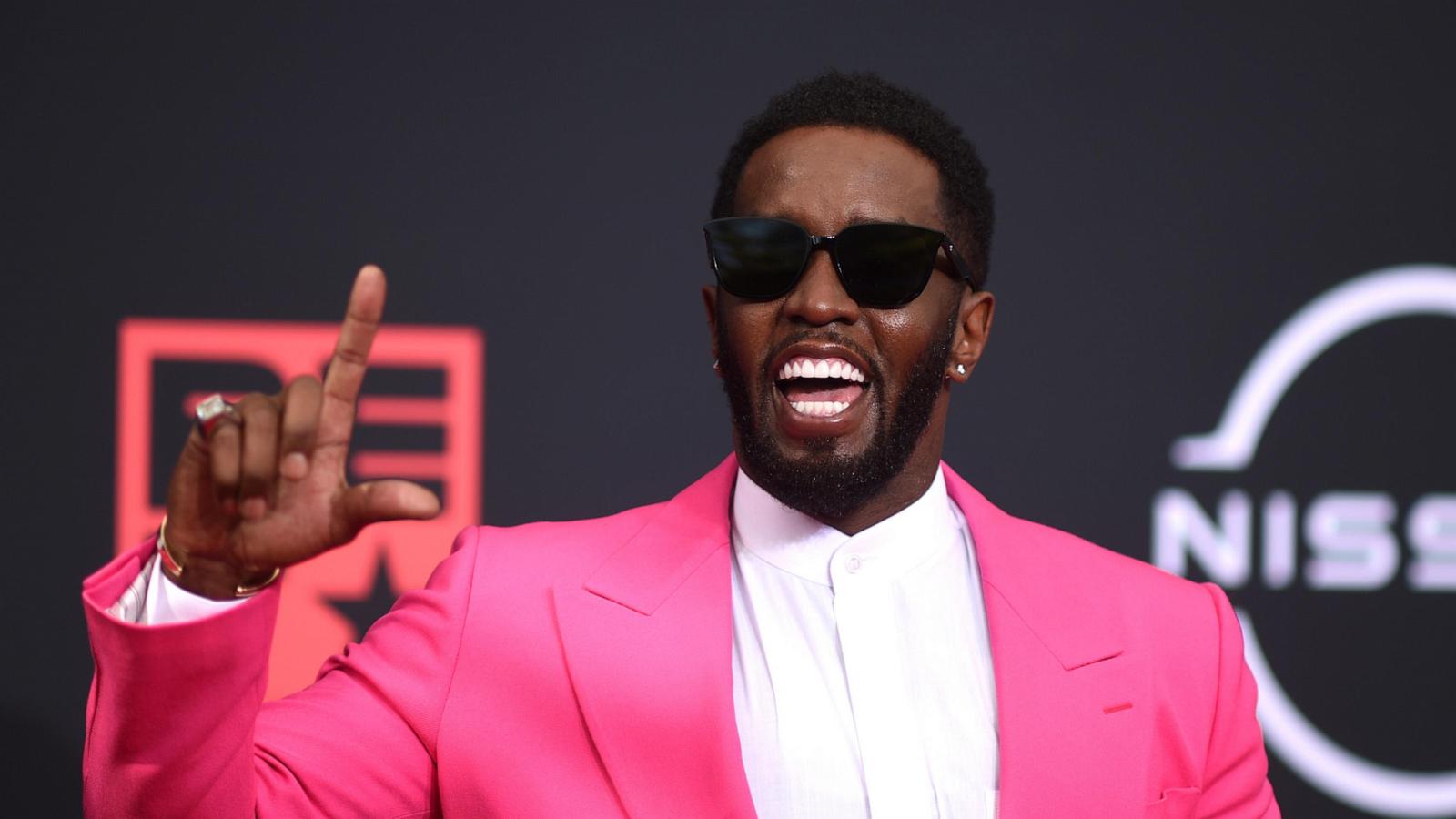Diddy Defamation Lawsuit: Explosive Allegations and the Fight for Reputation
Sean "Diddy" Combs, the iconic music mogul, is embroiled in a high-stakes legal battle, filing a defamation lawsuit against Courtney Burgess and his attorney, Ariel Mitchell, along with Nexstar Media's NewsNation. The lawsuit alleges the defendants knowingly spread false and damaging accusations, claiming Burgess possessed incriminating videos implicating Combs in sexual assaults. This explosive situation has sent shockwaves through the entertainment industry and raises serious questions about the ethics of reporting and the potential for malicious damage to one's reputation. This article delves into the details of the case, examining the core arguments and the implications of these sensational allegations.
The Heart of the Lawsuit: False Accusations and Media Frenzy
Diddy's lawsuit paints a vivid picture of calculated defamation. Burgess, the lawsuit claims, fabricated a tale of possessing videos showing Combs involved in sexual assaults against eight celebrities. These purported videos, central to the alleged defamation, were never presented to authorities or the public, further fueling suspicions of their non-existence. Burgess, in several interviews across various platforms, including interviews with reporters, social media personalities, and true crime podcasters, alleged to have obtained this evidence from Kim Porter, Combs’ late partner and mother to several of his children. The accusations, as the lawsuit states, were spread with reckless disregard for the truth, effectively poisoning public perception of Diddy in the middle of his ongoing sex trafficking trial and endangering the fairness of his trial. The complaint argues that such false narratives endanger his chance for a fair trial by tainting the jury pool.
A Strategic Move to Profit?
The lawsuit goes further, suggesting a possible motive behind Burgess and Mitchell's actions: financial gain from exploiting the media's attention surrounding Combs’ sex trafficking charges. By generating a media frenzy around fake evidence, they hoped to profit from the public interest surrounding this scandalous case. The timing of Burgess’ accusations, following Combs' arrest on those charges, only seems to intensify such suspicions and strongly support the accusations presented in Diddy's legal action.
The Role of the Media: Investigating Truth or Amplifying Lies?
Diddy's lawsuit also targets Nexstar Media, asserting that NewsNation aired Burgess’ accusations without due diligence or fact-checking. This aspect of the lawsuit highlights a critical concern in modern media, namely, the importance of responsible reporting that verifies information before broadcasting. The implication is that NewsNation recklessly amplified false statements that might well jeopardize a fair trial for Sean Combs. This question challenges the journalistic integrity of the media organization, raising discussions of accountability in information dissemination.
Media's Duty to Verify
News outlets and journalists have a responsibility to vet information before broadcasting to avoid the perpetuation of falsehoods and potential for substantial harm to reputations. While the news media undoubtedly benefits from sensationalism, this pursuit of eyeballs mustn't sacrifice journalistic ethics. In this instance, NewsNation’s conduct, as outlined in the lawsuit, raises a substantial question regarding journalistic ethics and whether a balance between profit-seeking and a respect for verifiable facts has been achieved.
The Legal Implications: Defamation and Damage Control
Combs' defamation lawsuit underscores the considerable legal ramifications for spreading false and damaging statements. The implications of spreading fabricated statements through media interviews and other channels can be serious, particularly when a legal case is already underway. Such actions can result in the contamination of the potential jury pool through irresponsible reporting or the direct spread of blatant falsehoods that taint the jury pool before a trial even begins.
Legal Battles and Public Image
The lawsuit seeks to recover damages for the reputational harm inflicted by the spread of false allegations and emphasize that spreading false information can have significant legal repercussions. The legal fight ahead could prove lengthy and complex, encompassing legal strategies and extensive research. Winning such a suit would help to repair Diddy's reputation by exposing those who maliciously defamed him.
Take Away Points
Diddy's defamation lawsuit throws a spotlight on the ethical and legal boundaries surrounding reporting, social media posts, and information spreading during high-profile cases. It underlines the serious consequences that come from false statements, especially when intended for personal profit. It challenges all news agencies and social media personalities to prioritize verification of claims before publication to mitigate the spread of false information. Finally, it acts as a potential test case, demonstrating the severity with which those spreading deliberate falsehoods must reckon.




